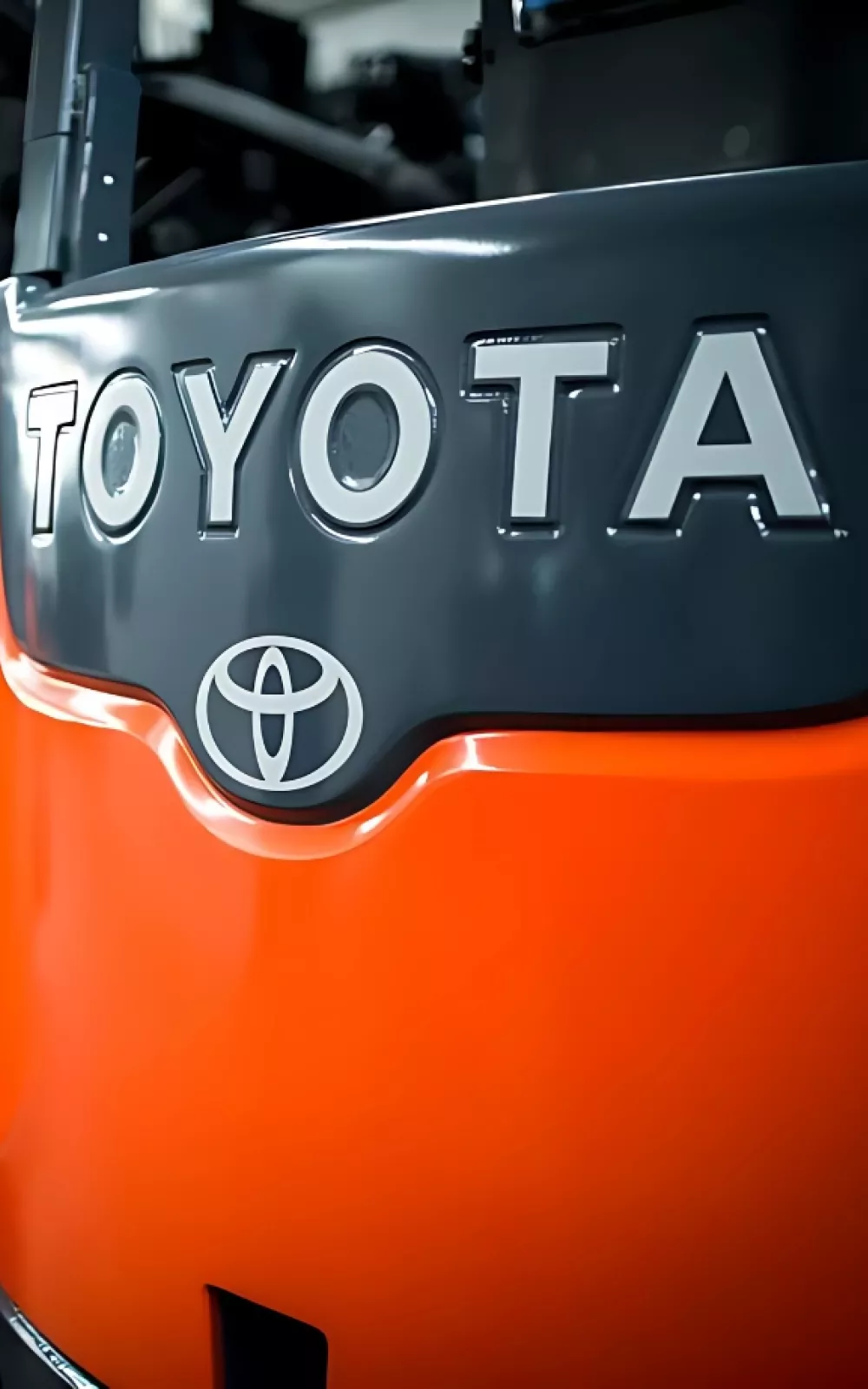Rent
ProLift offers daily, weekly, and monthly rentals. Find the right equipment for maximum productivity and safety.
Let us know how we can assist you! A ProLift specialist will connect with you to help with your material handling needs.
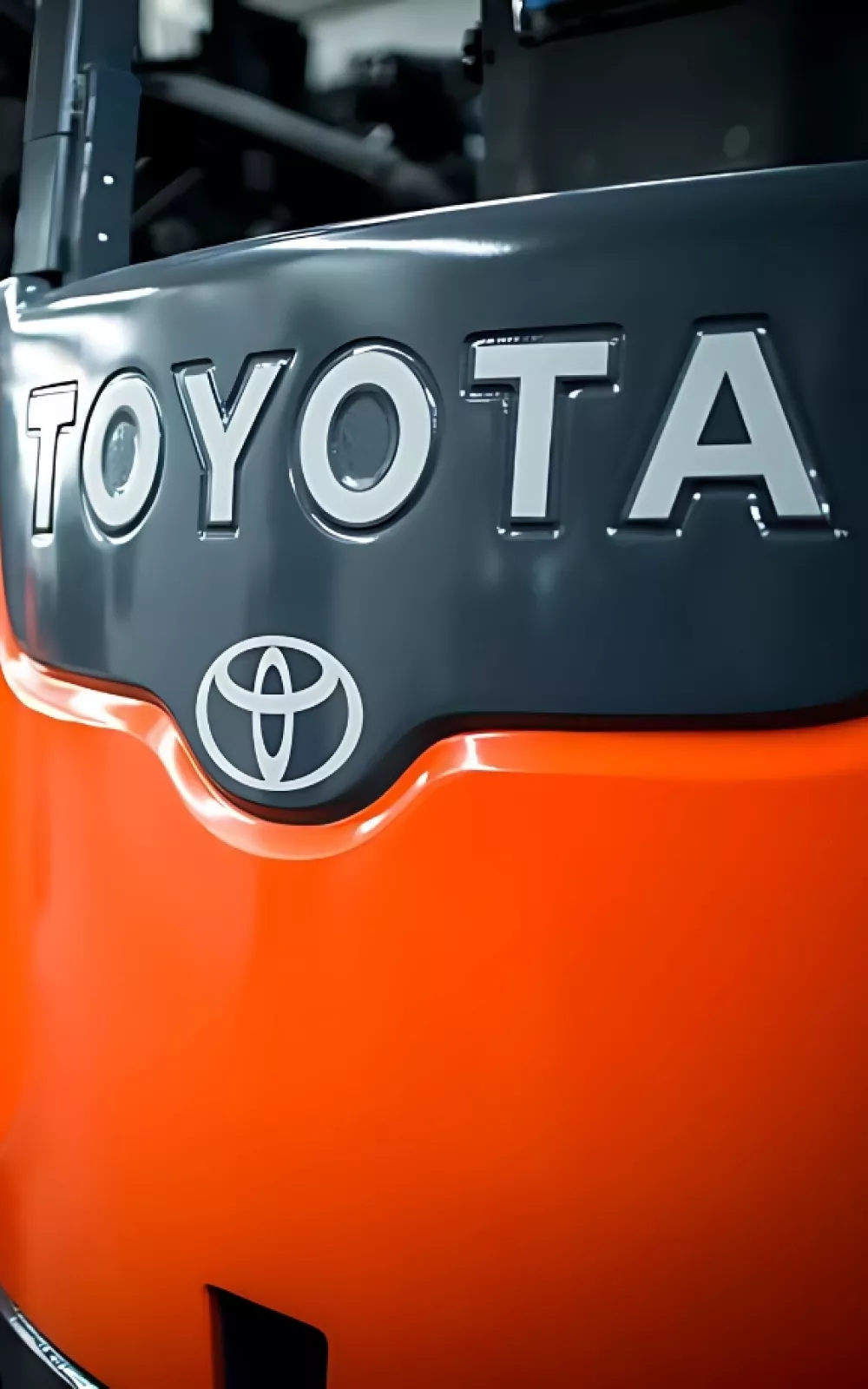
Discover the five essential components that work together to achieve lift in a forklift upright. Understanding these parts is crucial for safe and efficient forklift operation. Learn how each element contributes to the overall functionality of your equipment.
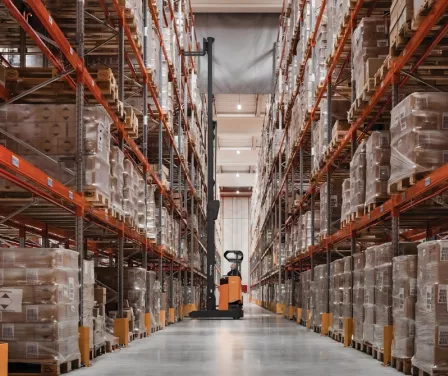
A forklift upright has five main components which work together to achieve lift. Most uprights have a number stamped onto the stationary outer-rail assembly or on a tag attached to the outer rail. The number identifies the model and type of upright, which can be referred to for a variety of reasons, including ordering compatible attachments or replacement parts.
The forklift mast is a telescoping lift assembly made up of nested U-shaped or L-beam steel rails. It includes one fixed set of outer rails and one or more sets of movable inner rails, allowing for double, triple, or quad-stage lift.
The mast consists of stationary outer rails and nested inner rails, with any additional inner rails referred to as intermediate rails. These rails are reinforced with tie bars, which provide structural rigidity and prevent twisting under load.
Each set of rails features rollers positioned at two or three points along their length, enabling smooth movement as the upright assembly extends. To maintain proper alignment, these rollers require periodic adjustments, known as "shimming."
Chains, connected at anchor points on both the carriage and mast, loop over pulleys (sheaves) mounted on the lift cylinder or rail system. This setup provides an additional indirect stage of lift, complementing the direct lift generated by the hydraulic cylinders.
The carriage is a structural assembly equipped with rollers that allow it to move smoothly within the inner rails of the mast. It is secured and lifted by chains while also serving as the primary support for the forklift's forks.
The forged-steel forks are the lifting arms of the upright. The forks hang from the carriage and can be adjusted for the varying pallet widths.
The load backrest is a grid attached to the carriage which provides backing support for loads. Load backrests come in a variety of shapes and styles matched to the types of loads the truck will be handling.
Lift cylinders use hydraulic power to extend the movable rails of the mast, raising the load, while tilt cylinders adjust the stationary rails forward and backward for load positioning.
Since forklift uprights and mast assemblies are heavy and structurally strong, it is crucial for operators to understand their function and the potential safety risks involved.
Have questions or safety concerns regarding your forklift upright components? Contact ProLift to learn more about our service, repair and maintenance options.
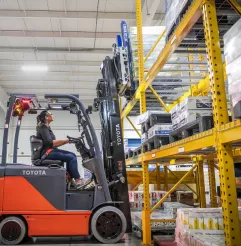
Start your search for available equipment and product lines with ProLift’s equipment finder. It helps you quickly identify the best solutions that match your criteria.
In the event you are unhappy with the equipment you purchased from ProLift after one year’s use, we will simply buy it back for the original purchase price less two thirds of our normal rental rate.
From equipment and maintenance to replacement parts and safety training, ProLift offers you 360 support. We can also assist you with pallet racking and additional warehouse solutions. Let us know how we can help!
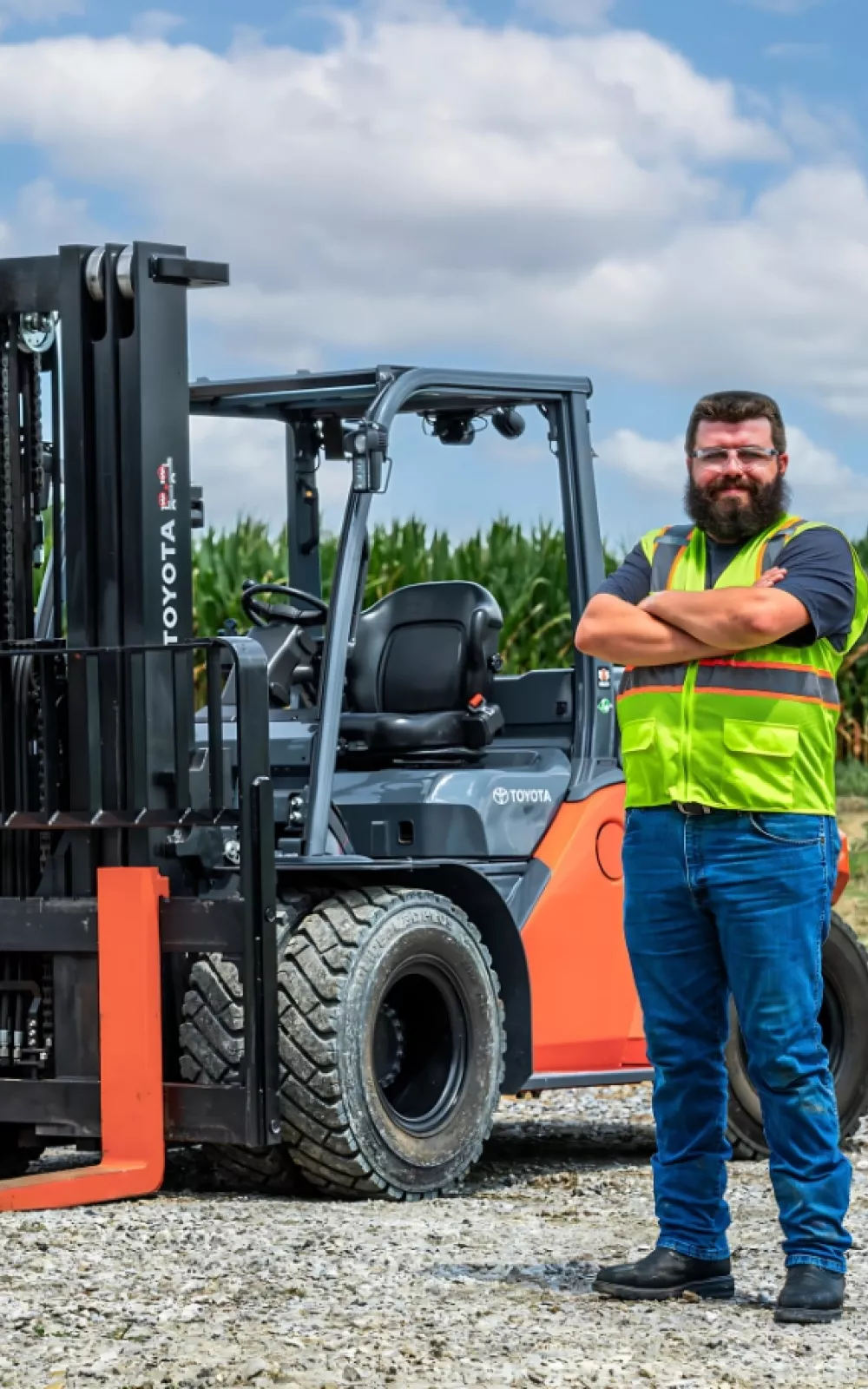
ProLift is a full-service dealer specializing in forklifts and material handling solutions. Tell us how we can help you achieve results at your facility.
ProLift is a full-service dealer specializing in forklifts and material handling solutions. Let us know how we can assist you, and a specialist will be in touch to help.
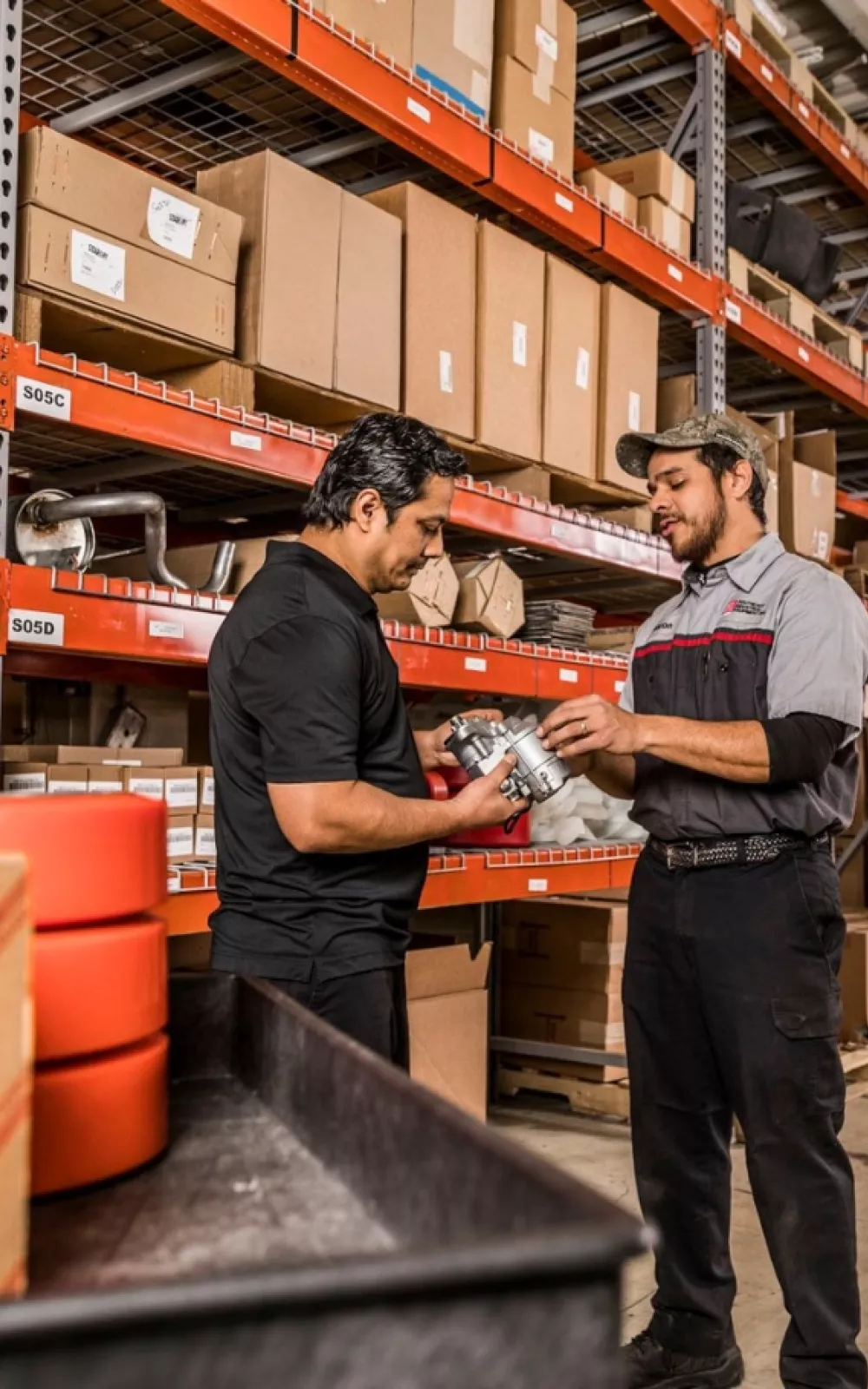
Let us know how we can assist you! A ProLift specialist will connect with you to help with your material handling needs.
